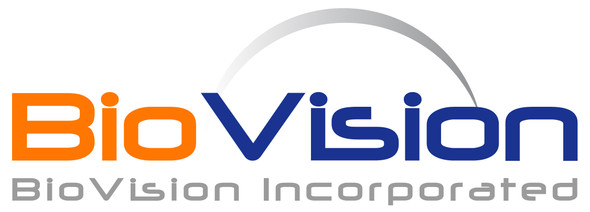Description
Human CellExp™CD4, human recombinant is available at Gentaur for Next week delivery.
Amplifies the signal generated by the T-Cell Receptor
Biomolecule/Target: CD4
Alternates names: CD4, CD-4, CD4mut, CD-4mut
Synonyms: CD4, CD-4, CD4mut, CD-4mut
Background Information: Cluster of Differentiation 4 (CD4), also known as T-cell surface antigen T4/Leu-3 (LEU-3) and CD4mut, is a single-pass type I membrane glycoprotein, and is a member of the immunoglobulin superfamily. CD4 expressed on the surface of T helper cells, monocytes, macrophages, and dendritic cells. It has four immunoglobulin domains (D1 to D4) that are exposed on the extracellular surface of the cell: D1 and D3 resemble immunoglobulin variable (IgV) domains. D2 and D4 resemble immunoglobulin constant (IgC) domains. CD4 is a co-receptor that assists the T cell receptor (TCR) with an antigen-presenting cell. Using its portion that resides inside the T cell, CD4 amplifies the signal generated by the TCR by recruiting an enzyme, known as the tyrosine kinase lck, which is essential for activating many molecules involved in the signaling cascade of an activated T cell. CD4 also interacts directly with MHC class II molecules on the surface of the antigen-presenting cell using its extracellular domain. The extracellular domain adopts an immunoglobulin-like beta-sandwich with seven strands in 2 beta sheets, in a Greek key topology. CD4 has also been shown to interact with SPG21, Lck and Protein unc-119 homolog. CD4 is a primary receptor used by HIV-1 to gain entry into host T cells. HIV infection leads to a progressive reduction of the number of T cells possessing CD4 receptors. Therefore, medical professionals refer to the CD4 count to decide when to begin treatment for HIV-infected patients.
Reconstitution Instructions: Centrifuge the vial prior to opening. Reconstitute in PBS, pH 7.4. Do not vortex.
NCBI Gene Symbol: CD4
Gene ID: 920
NCBI Accession: P01730
Additional Information
Size: |
20 μg |
Country of Manufacturing Origin: |
USA |
Country of Animal Origin: |
USA |
Gene Source: |
Human |
Recombinant: |
Yes |
Source: |
HEK 293 cells |
Purity by SDS-PAGE: |
≥98% |
Assay: |
SDS-PAGE |
Purity: |
N/A |
Assay 2: |
N/A |
Endotoxin Level: |
< 1.0 EU per μg of the rhCD4 by the LAL method. |
Activity (Specifications/test method): |
Measured by its ability to bind with HIV-1 gp120 in a functional ELISA. |
Biological activity: |
Measured by its ability to bind with HIV-1 gp120 in a functional ELISA. |
Results: |
Measured by its ability to bind with HIV-1 gp120 in a functional ELISA. |
Molecular Weight: |
This protein rhCD4 is fused with Fc fragment of human IgG1 at the C-terminus, has a calculated MW of 68 kDa expressed. The predicted N-terminus is Lys26. Protein migrates as 80 kDa in reduced SDS-PAGE due to glycosylation. |
Storage Temperature: |
-20°C |
Shelf Life: |
12 months |
Concentration: |
N/A |
Appearance: |
Lyophilized |
Handling: |
Centrifuge the vial prior to opening. |






